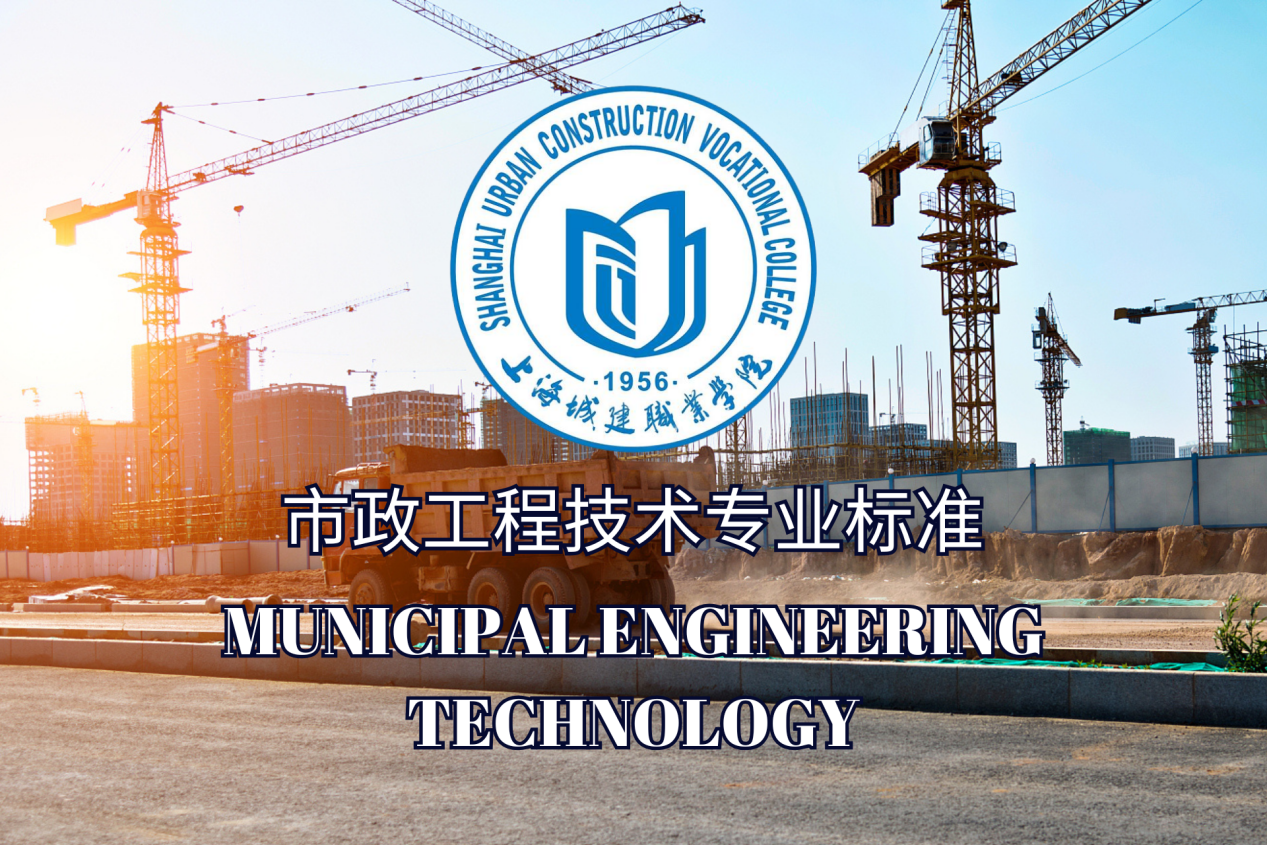In response to the "China-ASEAN 2030 TVET Flagship Courses Sharing Initiative" initiated by the Southeast Asian Ministers of Education Organization Regional Centre for Technical Education Development (SEAMEO TED), and to serve the human resource needs for international production capacity cooperation in ASEAN countries, Shanghai Urban Construction Vocational College, leveraging its professional strengths, has actively participated in the application and development of the project. Under the municipal engineering technology professional standard, the school has meticulously created three international digital course resources: "Sponge City Construction", "Civil Engineering Materials", and "Landscape Design of Garden Plants".
The project aims to select high-quality teaching resources from Chinese vocational institutions and develop internationalized digital flagship courses that meet the needs of Chinese enterprises’ international capacity cooperation and align with the industry development plans of Southeast Asian countries. These newly launched courses, as an important part of the project, have been officially released on the China-ASEAN Technical Education Cooperation Platform (CATECP). They will be promoted by SEAMEO TED to vocational institutions and related organizations in ASEAN countries, contributing to the cultivation of technical and skilled talents in Southeast Asia, supporting the localization of employees in overseas Chinese enterprises, and enhancing the international influence of Chinese vocational education.
Through the study of these three courses, students can master the fundamental methods and techniques of sponge city planning, design, construction, maintenance, and evaluation; understand the technical properties and testing methods of commonly used engineering materials, and acquire the ability to select, inspect, and evaluate the quality of materials; become familiar with plant landscape survey and design methods, design standards, and the application of digital tools, while also developing an understanding of plant landscape styles, types, and development trends. These areas of knowledge will help students build a comprehensive knowledge system, lay a solid foundation for subsequent studies or work in the municipal engineering industry, and create more possibilities for future career development.





